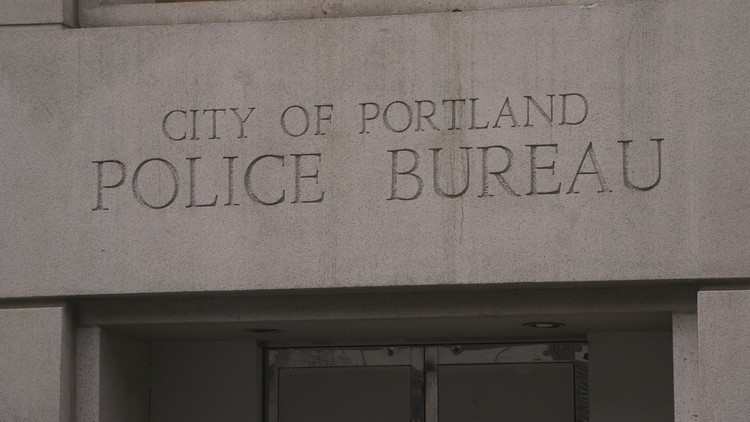PORTLAND, Ore. — The City of Portland and the Portland Police Association have released their “final offers” in a dispute over how to implement body-worn cameras for officers, and the documents show that the deadlock stems from a single sticking point: whether officers can review camera footage before writing reports on use-of-force incidents. The city and the union have been bargaining for months over body camera policy language, one of the hurdles in an implementation process that has dragged on for years and left Portland as the only major U.
S. city without camera-equipped officers . City officials announced Tuesday that the two sides had reached an impasse and would need an arbitrator from the Oregon Employment Relations Board to step in.
The city and the union both acknowledged on Friday that the officer review language — section 11. 2 of the overall draft — is the sole piece of the policy where the two sides have failed to reach an agreement. In the city’s proposal, there are separate guidelines for reviewing footage following an incident, depending on what occurred: Officers would be allowed to view footage before writing reports that don’t involve force.
After incidents that involve police force, officers would be allowed to view the video only after first providing “a full and candid account of the incident to a supervisor,” which would also be recorded. If someone died during a police force incident, officers wouldn’t be allowed to view the footage at all, unless the police chief authorizes it. The city’s final offer document is embedded below.
Section 11. 2 is on the first page: The police union’s proposed version is much shorter and simply states that officers will be able to view their own camera recordings “before writing a report of any kind (e. g.
force, general offense, etc. ). ” The union argued that allowing officers to review footage will make reports more comprehensive, and would be consistent with the camera policies of most other law enforcement agencies in Oregon and throughout the country.
“Every agency in Oregon that has body-worn cameras allows for a policy commensurate with what the PPA’s position is,” union president Aaron Schmautz told KGW. “(As do) the vast majority of agencies around the country. ” The union’s final offer is embedded below, with section 11.
2 on the second page: After Schmautz’s assertion that the union’s offer is of a standard that’s “settled around the country,” KGW’s The Story did some checking around. While the Salem Police Department did just roll out its body cam program this week, The Story spoke with the agency’s chief of police Thursday and got an answer that contradicts what Schmautz said. Chief Trevor Womack said that, while his officers are able to review their body cam footage before writing a report most of the time, they are not in instances of deadly force.
In deadly force cases, an outside agency immediately takes over the investigation and the Salem officers involved cool their heels until they’re interviewed by the investigators. The investigating agency does its own review of the body cam video. The Story found that Gresham and Eugene do allow pre-report body cam review even in instances of deadly force.
Oregon State Police had yet to respond about its policy as of Friday evening. Results were mixed in similarly-sized cities around the U. S.
Las Vegas does allow for pre-review for any kind of incident. Boston will immediately download body cam footage back at the station after a use of deadly force incident, and supervisors can decided whether an officer can then review it. In Nashville, the city’s metropolitan police force operates under very similar rules to what the city of Portland has proposed in its final offer.
Officers can review body cam footage before writing a report for any incident except in where use of force resulted in serious bodily injury or death. In those cases, Nashville’s police chief has to give permission for an officer to pre-review footage — the same as in Portland’s proposal. It’s worth noting that while body cams help provide additional evidence and transparency in cases that can be otherwise opaque, they aren’t a silver bullet.
Body cams can be knocked to the ground in a struggle. Even when they’re kept secure, they may not capture the full scope of a scene. As a result, the recollections of officers and other witnesses remain a key part of reconstructing cases that are often high-profile and sensitive.
.
From: kgw
URL: https://www.kgw.com/article/news/politics/portland-details-dispute-police-union-body-cameras/283-fc82f75a-12b7-40cc-aa2b-6d63a863685f



